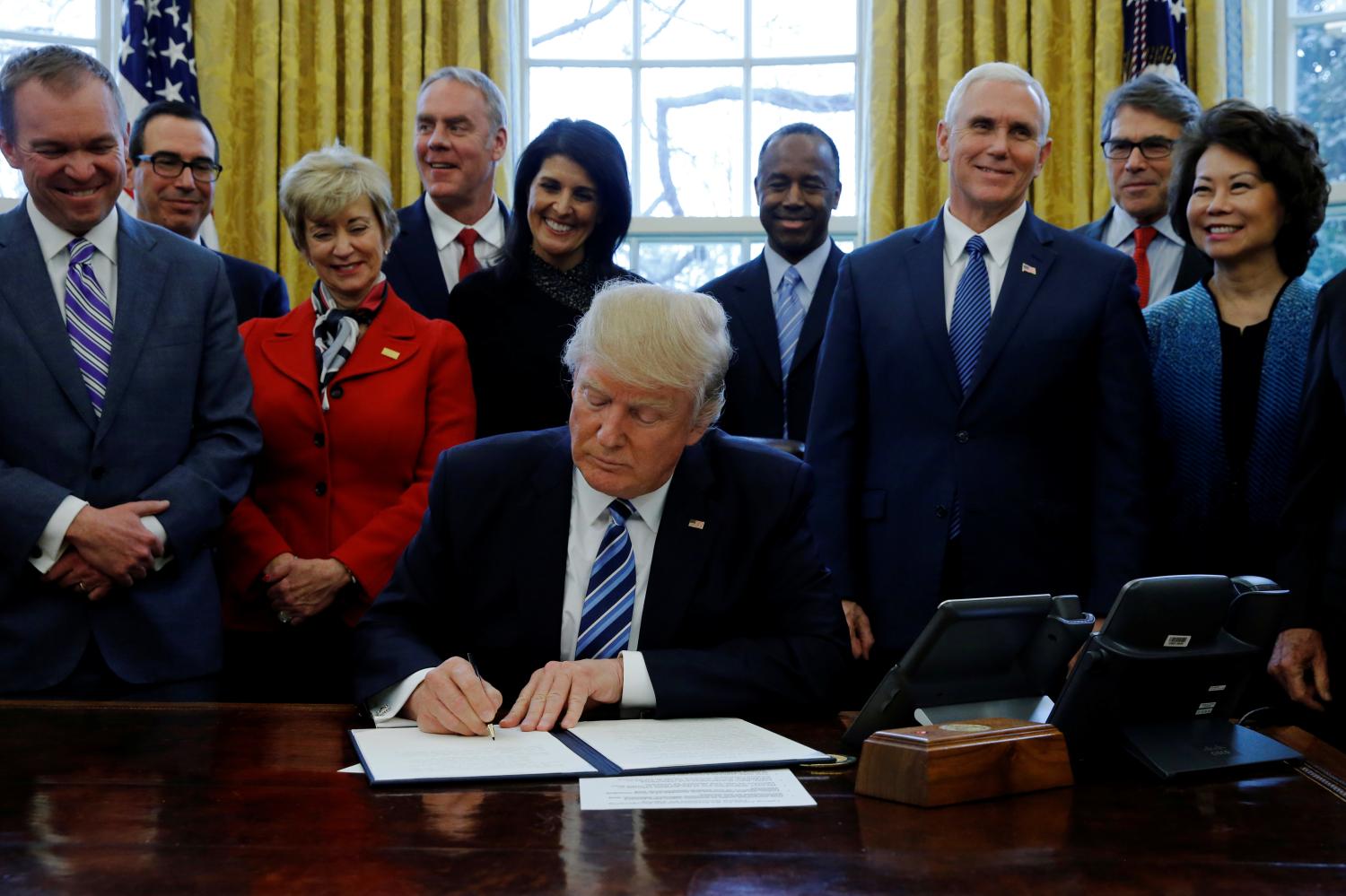Executive Summary
The White House Office is so large and complex that systematic process of policy evaluation is essential in order to provide the president with a range of options on all important policy decisions. Some of the most important decisions that President Bush has made have been taken without the benefit of broad deliberation within the White House or Cabinet. This paper will take up four cases of policy decisions to illustrate the lack of a regular policy process and consultation that characterized many important decisions of the Bush administration. Two focus on detainee policy: the military commissions order of Nov. 13, 2001 and the Feb. 7, 2002 decision to suspend the Geneva Conventions. And two are about the war in Iraq: the initial decision to go to war, and the decision to disband the Iraqi army. The pattern that emerges from an examination of these four decisions is one of secrecy, top-down control, tightly held information, disregard for the judgments of career professionals, and the exclusion from deliberation of qualified executive branch experts who might have disagreed with those who initially framed the decisions.
The Brookings Institution is committed to quality, independence, and impact.
We are supported by a diverse array of funders. In line with our values and policies, each Brookings publication represents the sole views of its author(s).



